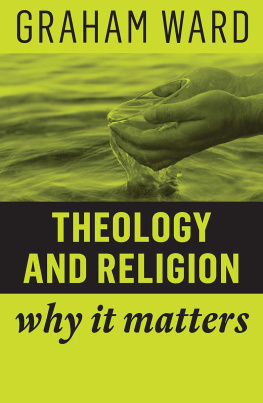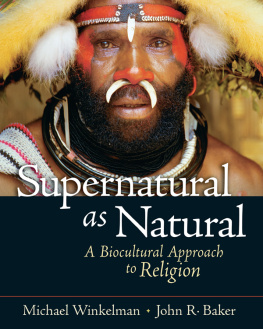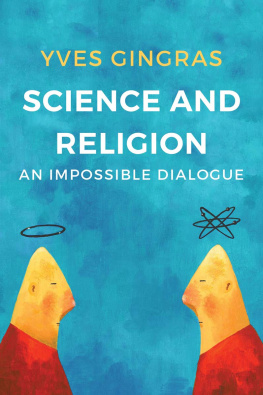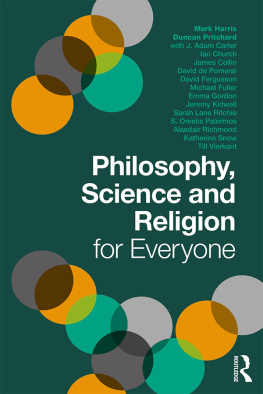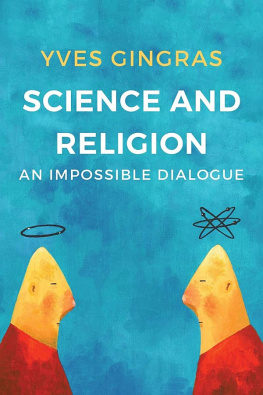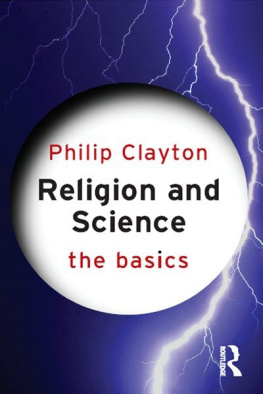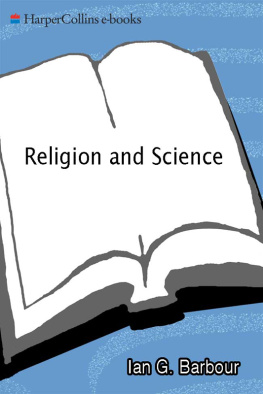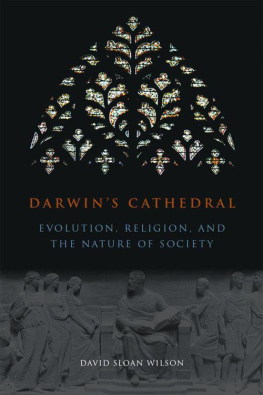Cover
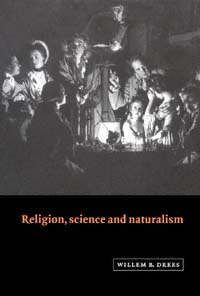
| title | : | Religion, Science, and Naturalism |
| author | : | Drees, Willem B. |
| publisher | : | Cambridge University Press |
| isbn10 | asin | : | 052164562X |
| print isbn13 | : | 9780521645621 |
| ebook isbn13 | : | 9780511005022 |
| language | : | English |
| subject | Religion and science, Naturalism. |
| publication date | : | 1996 |
| lcc | : | BL240.2.D74 1996eb |
| ddc | : | 215 |
| subject | : | Religion and science, Naturalism. |
Page i
This book considers the consequences of the natural sciences (physics, biology, neurosciences) for our view of the world. Drees argues that higher, more complex levels of reality, such as religion and morality, are to be viewed as natural phenomena and have their own concepts and explanations, even though all elements of reality are constituted by the same kinds of matter (ontological naturalism). Religion and morality are to be understood as rooted in our evolutionary past and our neurophysiological constitution. This book takes a more radical naturalist position than most on religion and science. However, religion is not dismissed: religious traditions remain important as bodies of wisdom and vision, and the naturalist view of the world does not exclude a sense of wonder and awe, since at the limits of science questions about the existence of natural reality persist. As well as defending a particular position, Drees also includes a survey and classification of discussions on science and religion and a substantial introduction to contemporary studies on the history of science in its relation to religion.
Page iii
RELIGION, SCIENCE AND NATURALISM
Page v
RELIGION, SCIENCE AND NATURALISM
WILLEM B. DREES
Nicolette Bruining Professor of Philosophy of Science and of Technology from aLiberal Protestant Perspective, University of Twente, Enschede, the Netherlands

Page vi
Published by the Press Syndicate of the University of Cambridge
The Pitt Building, Trumpington Street, Cambridge CB2 1RP
40 West 20th Street, New York, NY 10011-4211, USA
10 Stamford Road, Oakleigh, Melbourne 3166, Australia
Cambridge University Press 1996
First published 1996
Reprinted 1997
Paperback edition 1998
Transferred to digital printing 1997
Printed in the United Kingdom at the University Press, Cambridge
A catalogue record for this book is available from the British Library
Library of Congress cataloguing in publication data
Drees, Willem B., 1954
Religion, science and naturalism / Willem B. Drees.
p. cm.
Includes bibliographical references and index.
ISBN 0 521 49708 6 (hardback)
1. Religion and science. 2. Naturalism. 1. Title.
BL240.2D74 1996
215 DC20 96-8813 CIP
ISBN 0 521 49708 6 hardback
ISBN paperback
Page vii
To Zwanet Drees-Roeters
Page ix
Contents
| Preface | page xi |
|
| 1. Religion and science: strategies, definitions, and issues | 1 |
| 1. Introduction: a variety of strategies | 1 |
| 2. Science and naturalism | 6 |
| 3. Religion | 24 |
| 4. Contemporary contexts for religion's relation to science | 36 |
| 5. Classification of areas of discussion in science-and-religion | 39 |
| 6. Issues for further consideration and preview | 49 |
|
|
| 2. Histories of relationships between science and religion | 54 |
| 7. The Galileo affair as the founding myth of conflict | 55 |
| 8. Post-Darwinian conflicts in Britain and America | 63 |
| 9. Conflict-views | 74 |
| 10. Christianity as the matrix in which science arose | 77 |
| 11. Non-apologetical apologetics | 86 |
| 12. Lessons to be learned from history | 89 |
|
|
| 3. Theology and knowledge of the world | 92 |
| 13. Divine action | 93 |
| 14. Cosmic meaning and mystery | 106 |
| 15. Using scientific discoveries in theology (1): modalities of models | 115 |
| 16. Using scientific discoveries in theology (2): levels and lack of consensus | 123 |
| 17. Scientific realism and defences of theological realism | 130 |
| 18. From the discovery of science to theology? | 150 |
|
|
| 4. Theology and knowledge of human nature | 162 |
| A. Experiences naturalistically reinterpreted | 163 |
| 19. Experience as evidence of God? | 165 |
| 20. A naturalist view of religion: religion and the brain | 172 |
| 21. A naturalist view of consciousness | 183 |
| 22. Explanation and elimination | 189 |
| B. Evolved traditions | 195 |
| 23. Six debates on evolution and religion | 196 |
Page x
| 24. The evolution of moral and religious traditions | 199 |
| 25. Consequences for morality and for religion | 213 |
| 26. Theologies of evolved human religion | 223 |
|
|
| 5. Science, religion, and naturalism | 236 |
| 27. Science in a naturalist perspective | 237 |
| 28. Reality in a naturalist perspective | 244 |
| 29. Religion in a naturalist perspective | 249 |
| 30. A richer naturalism? | 252 |
| 31. A more transcendent God? | 259 |
| 32. Religions for wandering and wondering humans | 274 |
|
| References | 284 |
| Index | 308 |
Page xi
Preface
Who shall count the host of weaker men whose sense of truth has been destroyed in the effort to harmonise impossibilities whose life has been wasted in the attempt to force the generous new wine of science into the old bottles of Judaism? ( Thomas Huxley 1894, 52)
We need to be honest to science. Through the natural and social sciences we know in considerable detail the reality in which we live, move and have our being (to adapt a phrase from Acts of the Apostles 17: 28). We should not sacrifice our sense of truth in the effort to harmonise impossibilities, nor should we waste our time on attempts to adapt new insights to old views of the world. Rather, we need to adapt our view of the world to the best available insights we have.
Next page

